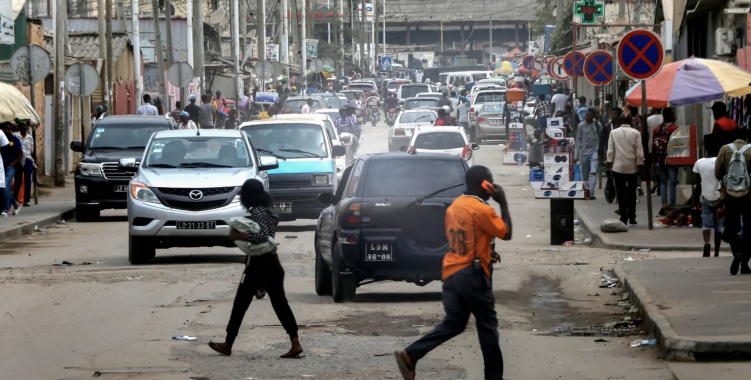The position was expressed this Wednesday at a press conference by youth leaders from the FNLA, PRS, Bloco Democrático parties, all in opposition, and the Angolan Student Movement (MEA), at a press conference in Luanda.
The aforementioned organizations, in a joint position on the "real state of Angolan youth – present and future", considered that education and teaching, employment, professional training, health and housing are the main problems affecting Angolan youth today.
They point to the existence of a growing number of young people of school age without the possibility of continuing their studies, a shortage of new jobs, a "housing crisis that affects the majority of young people" and youth crime, calling for government solutions.
They recalled that the Angolan population is mostly young and its growth must continue, pointing to the need to "counter the current instrumentalization of youth by the MPLA, as well as the lack of public policies for youth".
For these youth organizations, Angola is one of the countries that produces the most laws, but they argue that the creation of laws should be accompanied by practical programs that have an impact on the lives of young people.
In their collective statement, the young people criticized the "ineffectiveness" of the youth development programs of the last 12 years, considering that the Popular Movement for the Liberation of Angola (MPLA) "failed" in their implementation.
"The MPLA was unable to make the transition, [the youth development program] is a beautiful document, but it never got off the ground. Stop thinking for the young people, young people also have thoughts. We need to ask what they want and who has the mission of governing to satisfy their aspirations", they consider in the statement.
They also accuse the Government of creating laws that aim to "control young people who demand and ensure the continued securitization of the State", namely the laws on Vandalism of Public Property, Regulation of NGOs, National Security and Dissemination of False Information on the Internet.
They also expressed concern about the current socioeconomic degradation of Angolan families, the exponential growth of abuses against women, hunger, poverty and the increase in cases of cholera in the country.
"The lack of basic sanitation as a public policy and the weak capacity of the national health system, which never makes the transition from curative to preventive health, continually worsens the health situation in the country (...)", the young people lamented.
They also promised to continue to advocate for the executive led by the Angolan President, João Lourenço, "to be able to build the bridge that allows the transition from public discourse to the effective interest of the population and, in particular, of the youth".







